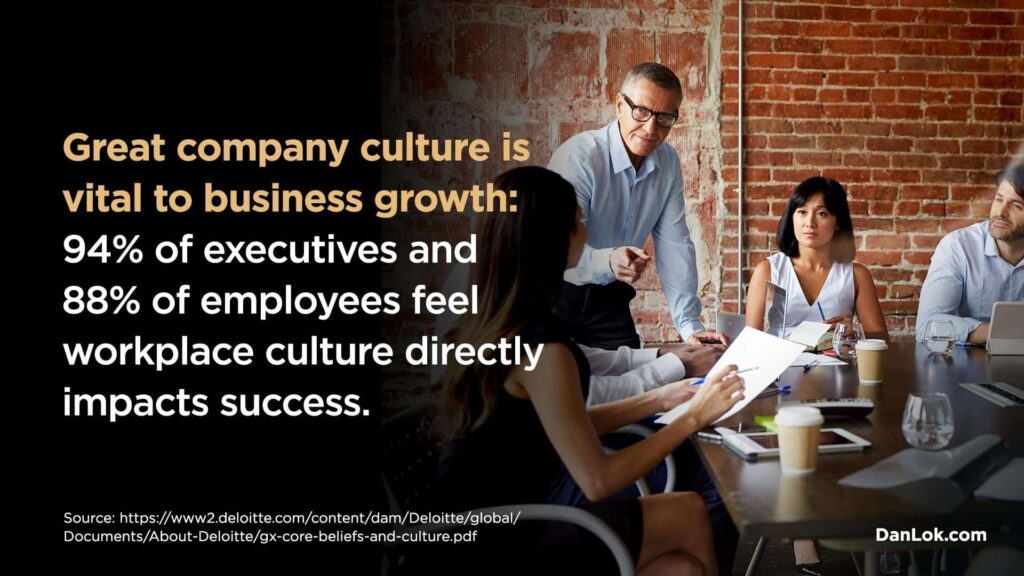Today, you’ll discover when you should hire your first salesperson, how to hire the right salesperson, and common mistakes to avoid.
How To Know Who You Should Hire First
There are a lot of conflicting opinions out there, and it depends on the type of business you run…
But you could hire a marketer, copywriter, accountant, admin clerk, and the list goes on, but…
As you’re a coach, consultant, knowledge expert, or trainer, it’s my belief that you should hire a salesperson first.
We’ll call them closers for the rest of the newsletter.
So why should you hire a closer first?
I recorded a quick podcast episode for you, where I explain this in its entirety.
So you know why you should hire a closer as your first employee, your next challenge is to find the RIGHT person.
The Difference Between a Closer and a Salesperson
Before we go further, you may wonder why I call them closers, not salespeople.
Quick question…
What words come to mind when you hear the word salesperson?
Slimy, sleazy, snake oil, pushy, manipulative?
It’s likely you’re thinking of these words or others similar.
A salesperson is a good talker who pushes you into the sale and knows little about you.
A closer is a good listener who guides you to the sale and knows your pains, struggles, goals, aspirations, and motivations for wanting to solve your problem.
The ONLY Type Of Employee You Want In Your Business
This video will teach you the exact type of employee you want in your business and the ones you should avoid like the plague.
Now you know which employees you should avoid, here’s how to find the best closers >>
I’m willing to bet when you get to finding and hiring your closer, you may be tempted to hire someone who can “sell anything to anyone”.
In reality, you shouldn’t hire that kind of salesperson.
It sounds counterintuitive, but it’s true.
What you want is a “true believer” in your product or service.
Does that sound much more advantageous?
Click here for a deeper dive into why a “true believer” is a huge asset to your business >>
How To Cut Your Losses When Your Closer Doesn’t Perform
You want to set your closer up for success, by giving them every opportunity to improve.
You must also give them a clear path to close more sales for you, thereby increasing their income in the shortest time possible.
You’ll want to give them achievable targets but you’ll also want to keep them challenged every month.
The #1 Mistake Entrepreneurs Make When Hiring
Profit is the ONLY reason you hire employees.
Even in an admin role, that employee takes over tasks you do that keep you away from making money.
You’re always hiring to make more money in your business.
How To Screen Potential Closers
Some people are great at interviews but when it comes to performing in their job, they fall flat.
That’s why they’re so good at interviews after all… because they attend so many.
Here’s a secret strategy for screening and testing your candidates without them knowing >>
Your interview process is very important, so you’ll want to arm yourself with a great set of interview questions specifically for hiring closers.
The Psychology Behind Hiring Staff
Finally, I wanted to give you something to think about.
Would you rather have a company of giants or dwarfs?
Smart CEOs know if they hire people less capable than themselves, they’ll end up with a company of dwarfs.
After consuming all this content, you should be in a great position to hire your first closer, and set both of you up for success.
To your success,
Dan Lok
P.S. – If you’ve been able to grow your business well but you’re wondering how to get to the next level…

















